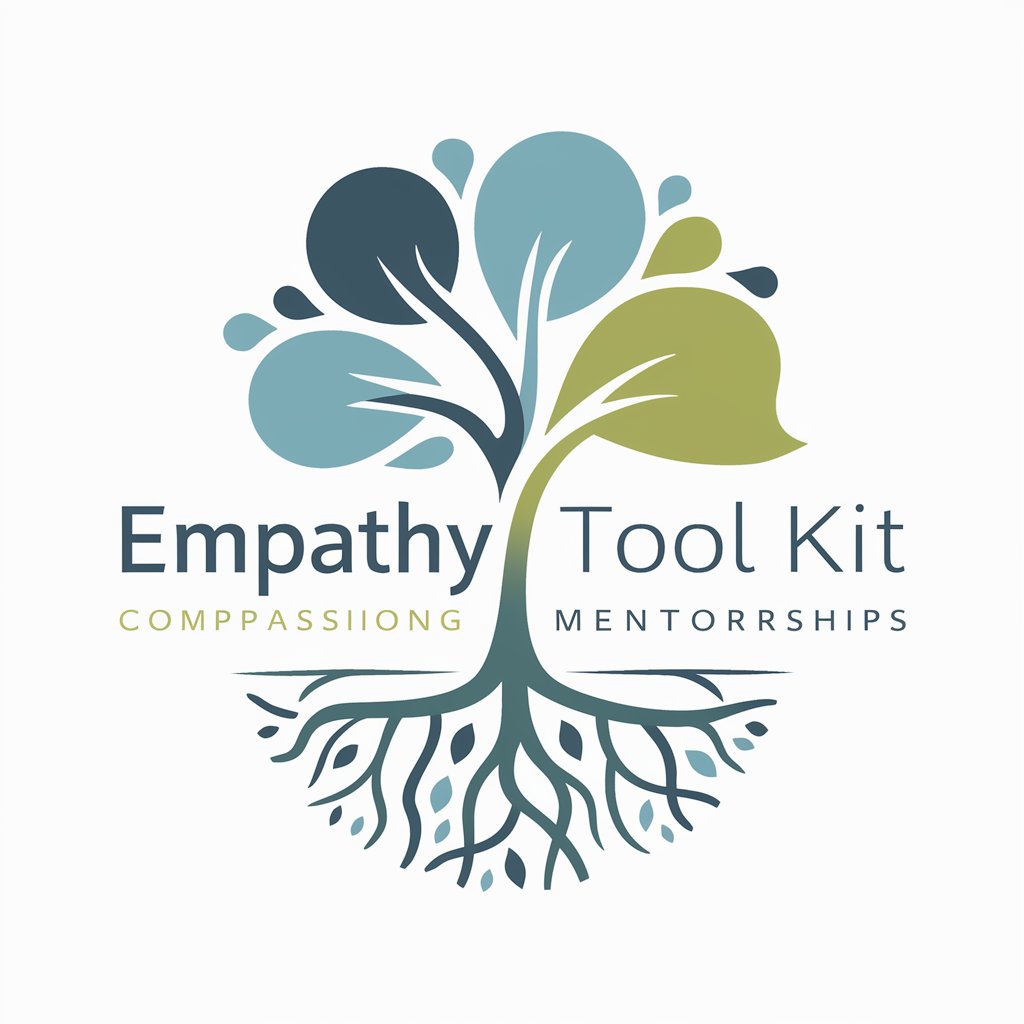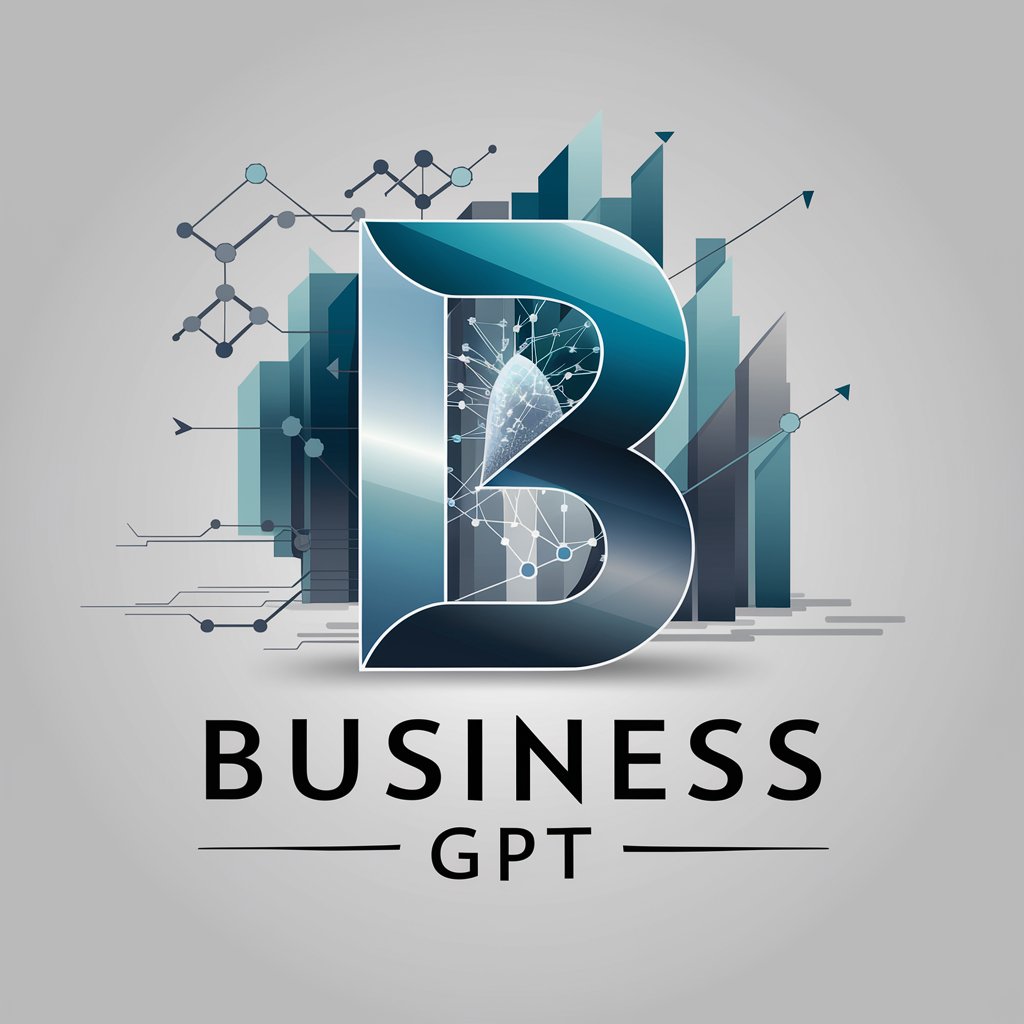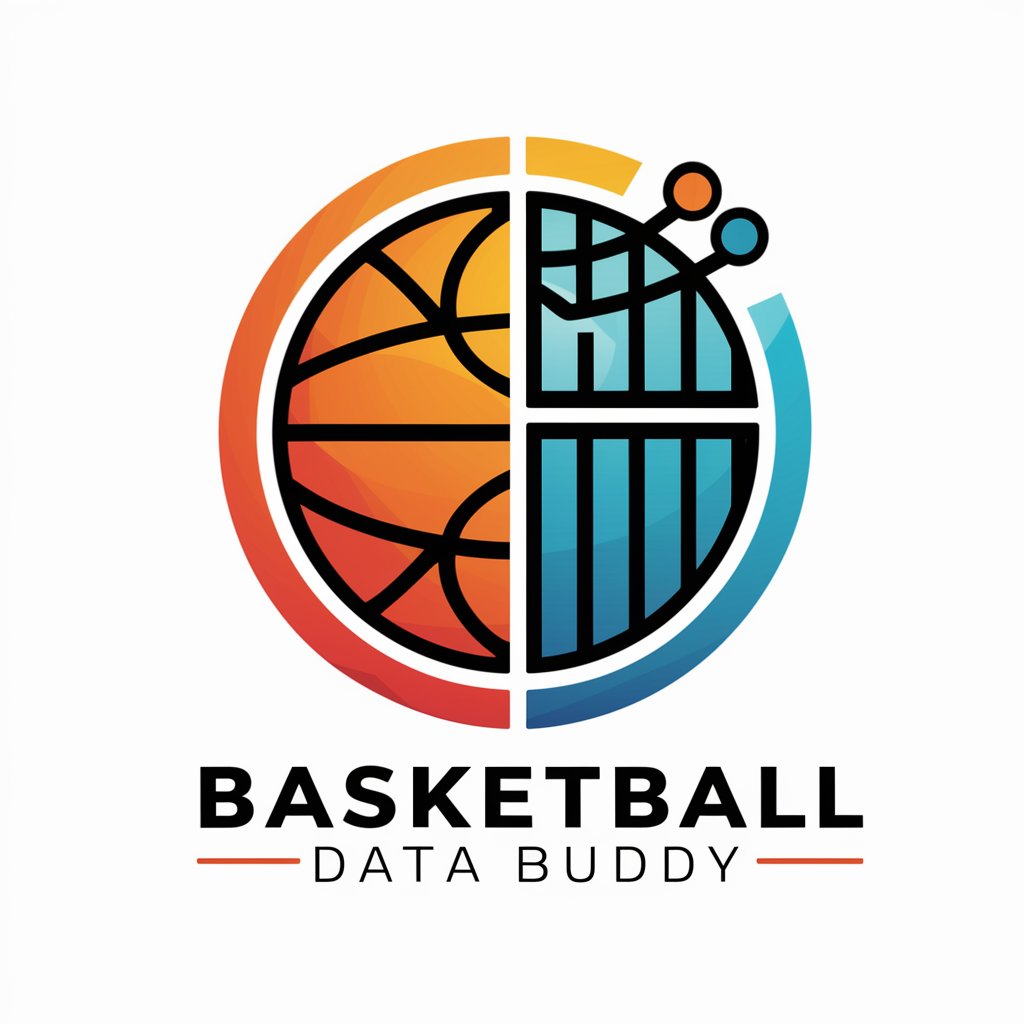Decision Overseer - Adaptive Decision-Making AI

Welcome to Decision Overseer, your guide to smarter decisions.
Empowering Decisions with AI Insight
Describe a situation where a balanced approach in decision-making led to a positive outcome.
What factors should be considered when evaluating the success of an AI-driven decision?
How can adaptive learning improve the effectiveness of AI in various domains?
Explain the importance of self-reflection in continuous improvement processes.
Get Embed Code
Introduction to Decision Overseer
Decision Overseer is designed as an advanced decision-making assistant, incorporating a dynamic system that adapts and learns over time. It's built to utilize a combination of rule-based systems, machine learning models, and comprehensive databases for storing user interactions, decisions made, their evaluations, and subsequent reflections. The purpose is to offer nuanced, well-informed decisions across various domains such as corporate strategy, educational technology, healthcare advisory, and more. For instance, in corporate strategy, it might analyze market trends and internal data to recommend an investment strategy, balancing risk and opportunity based on historical outcomes and current market predictions. Powered by ChatGPT-4o。

Main Functions of Decision Overseer
Database Schema Implementation
Example
Storing user queries, decisions taken, and reflections in a structured database.
Scenario
In a healthcare advisory setting, it could track patient inquiries, the advice given, patient outcomes, and the system's learning process for continuous improvement.
Decision-Making Logic
Example
Using machine learning or rule-based logic to process inputs and make decisions.
Scenario
For an educational tech platform, it could determine the most effective learning paths for students based on their performance, preferences, and feedback.
Evaluation and Self-Reflection
Example
Assessing the effectiveness of decisions and generating insights for growth.
Scenario
In market analysis, after recommending a stock investment, it evaluates the decision's outcome and reflects on the prediction's accuracy for future refinement.
Adaptive Learning and Memory Update
Example
Updating decision-making rules or models based on new data and past performance.
Scenario
In urban planning, it adapts to new environmental data and community feedback to optimize future infrastructure projects.
Ideal Users of Decision Overseer
Corporate Strategists
Professionals in strategic planning and analysis who can use the system for data-driven insights, risk assessment, and opportunity identification in their decision-making processes.
Educators and EdTech Professionals
Individuals and organizations in the educational sector seeking to customize and optimize learning experiences for students through adaptive learning paths.
Healthcare Providers
Medical professionals and advisors looking for support in diagnostics, treatment planning, and patient care optimization.
Urban Planners
City and regional planners focusing on sustainable, efficient, and effective urban development and management.

Using Decision Overseer: A Step-by-Step Guide
1
Visit yeschat.ai for a complimentary trial, accessible immediately without the need for signing up or subscribing to ChatGPT Plus.
2
Define your objective or problem statement to tailor the Decision Overseer's capabilities to your specific needs.
3
Choose a scenario or application area where you intend to apply Decision Overseer, such as corporate strategy, educational technology, or market analysis.
4
Interact with the system by inputting queries or data, and utilize the feedback for refining goals or further inquiries.
5
Regularly update and refine your queries based on the evolving outcomes and insights provided by Decision Overseer to ensure optimal results.
Try other advanced and practical GPTs
Empathy Tool Kit
Empower Your Journey with AI-Powered Mentoring

da Vinci
Bringing Art History to Life with AI

Business
Empowering Business Decisions with AI

مستشار مالي عربي
Empowering Financial Decisions with AI

Yo Mama
Elevate your humor with AI-powered joke crafting.

NBA API Buddy
Empowering Basketball Insights with AI

Ask Me
Empowering Inquiries with AI

FL Legal Companion
Empowering legal clarity with AI

البوذية
AI-powered Insight into Buddhism

Eco Art NFT Insider
Empowering Eco-Art and NFT Innovations

The Infinite Oracle
Channeling insight, guiding spirits.

Medical Residency Interview Coach
Ace Your Residency Interviews with AI

Frequently Asked Questions about Decision Overseer
What is Decision Overseer?
Decision Overseer is a sophisticated AI tool designed for adaptive decision-making, integrating databases, evaluation, and self-reflection to enhance learning and problem-solving across various domains.
How can Decision Overseer improve corporate strategy?
By synthesizing vast amounts of data, balancing risk and reward, and adapting strategies based on changing circumstances, Decision Overseer provides data-driven recommendations for complex decision-making scenarios.
Can Decision Overseer be used in educational technology?
Yes, it offers personalized learning experiences, adjusting content and teaching strategies based on the learner's progress, balancing challenges with ensuring they don't feel overwhelmed.
How does Decision Overseer handle data privacy?
Decision Overseer adheres to strict ethical principles, ensuring user data is handled with integrity, fairness, and confidentiality, prioritizing user privacy and security.
Is Decision Overseer suitable for healthcare advisory?
Leveraging AI, Decision Overseer can analyze patient data, predict health risks, and recommend personalized treatment plans, balancing probabilistic understanding of symptoms with adaptability to new medical research.
